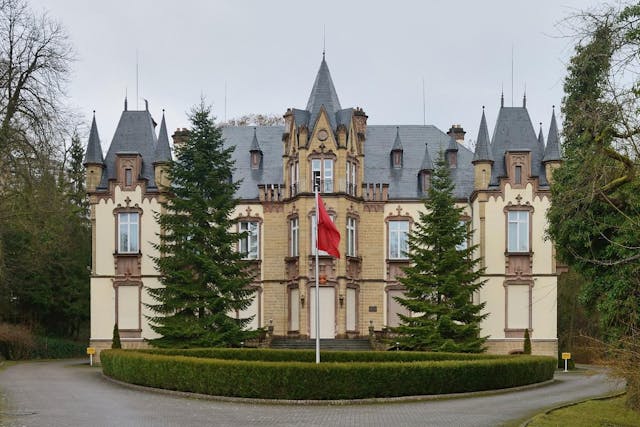Tobacco taxes account for more than 1% of Luxembourg's GDP

The European Commission has analyzed the tobacco industry in the EU and has come to some curious conclusions. In particular, when we talk about Luxembourg, the government's revenue from tobacco sales is 2 times higher than any other tax revenue and accounts for more than 1% of the country's GDP.
Such findings may suggest that the anti-tobacco campaign is not as effective as the authorities would like it to be. General increases in the cost of cigarette packs and smoking devices certainly play a role, but the overall picture is that the incomes of the Grand Duchy's residents make such increases almost imperceptible.
The situation is different in neighboring countries such as France, which recently announced a law banning disposable e-cigarettes and raising the price of regular tobacco. In general, this is not the first time Luxembourg's neighbors have raised prices, but this seemingly good cause has the wrong results.
Instead of a general decrease in the number of smokers, which is certainly happening but slower than expected, there is a growing demand for so-called "cross-border purchases" or even tobacco tourism. The analogy to gasoline tourism is developing spontaneously and largely due to the large number of cross-border workers in Luxembourg. While it is quite normal to buy cigarettes for personal use, the wholesale purchase of cigarettes for resale is already subject to certain sanctions.
A staggering 531 million illegal cigarettes were seized in 2022, along with 205 tons of raw tobacco and 65 tons of hookah tobacco. Remarkably, some 316.7 million cigarettes (59.5%) were produced illegally within the EU. This poses a serious challenge to the European Commission to bring the cost of tobacco down to a similar level. There is also talk of digitizing the excise tax structure to make it more transparent.
Another challenge is the behavioral patterns and questionable effectiveness of tobacco control measures. For example, Greece and Croatia receive significant tobacco revenues, while Ireland receives only 0.3% of GDP. Ireland also has some of the highest tobacco prices in the EU, underscoring the effectiveness of the anti-smoking campaign.
Overall, health is a critical issue in the EU. 26% of adults and 29% of young Europeans aged 15-24 are current smokers, resulting in nearly 700,000 deaths in Europe each year.





